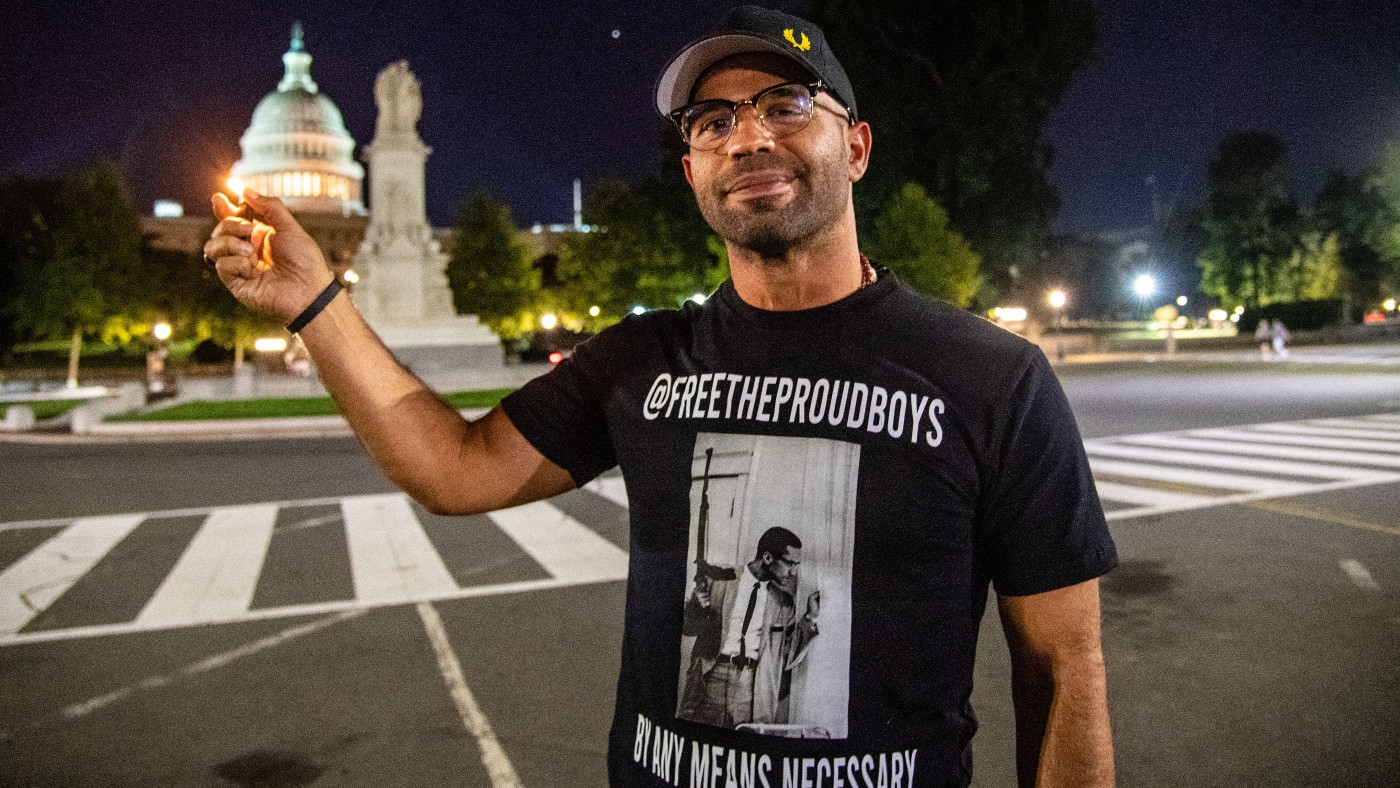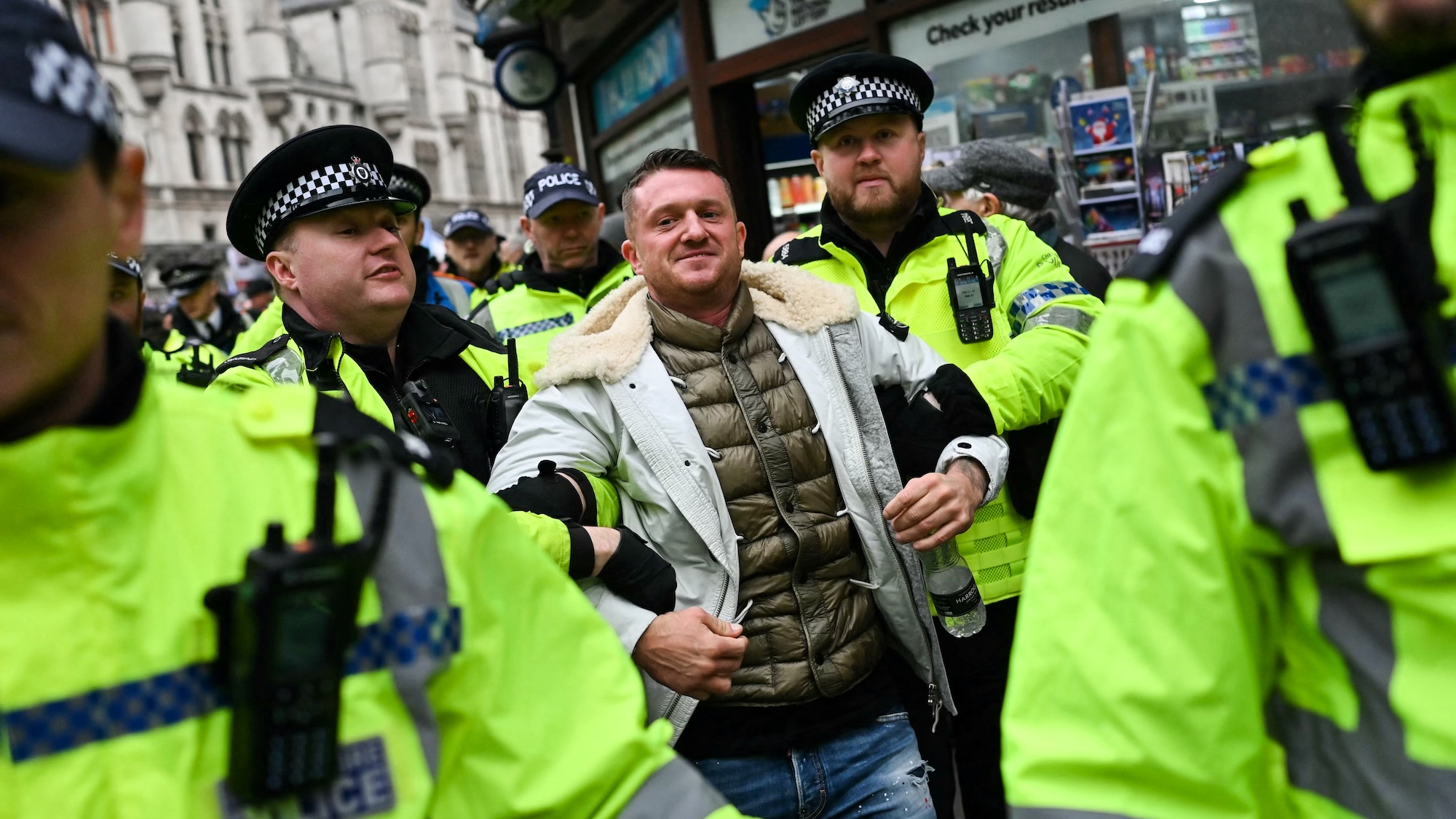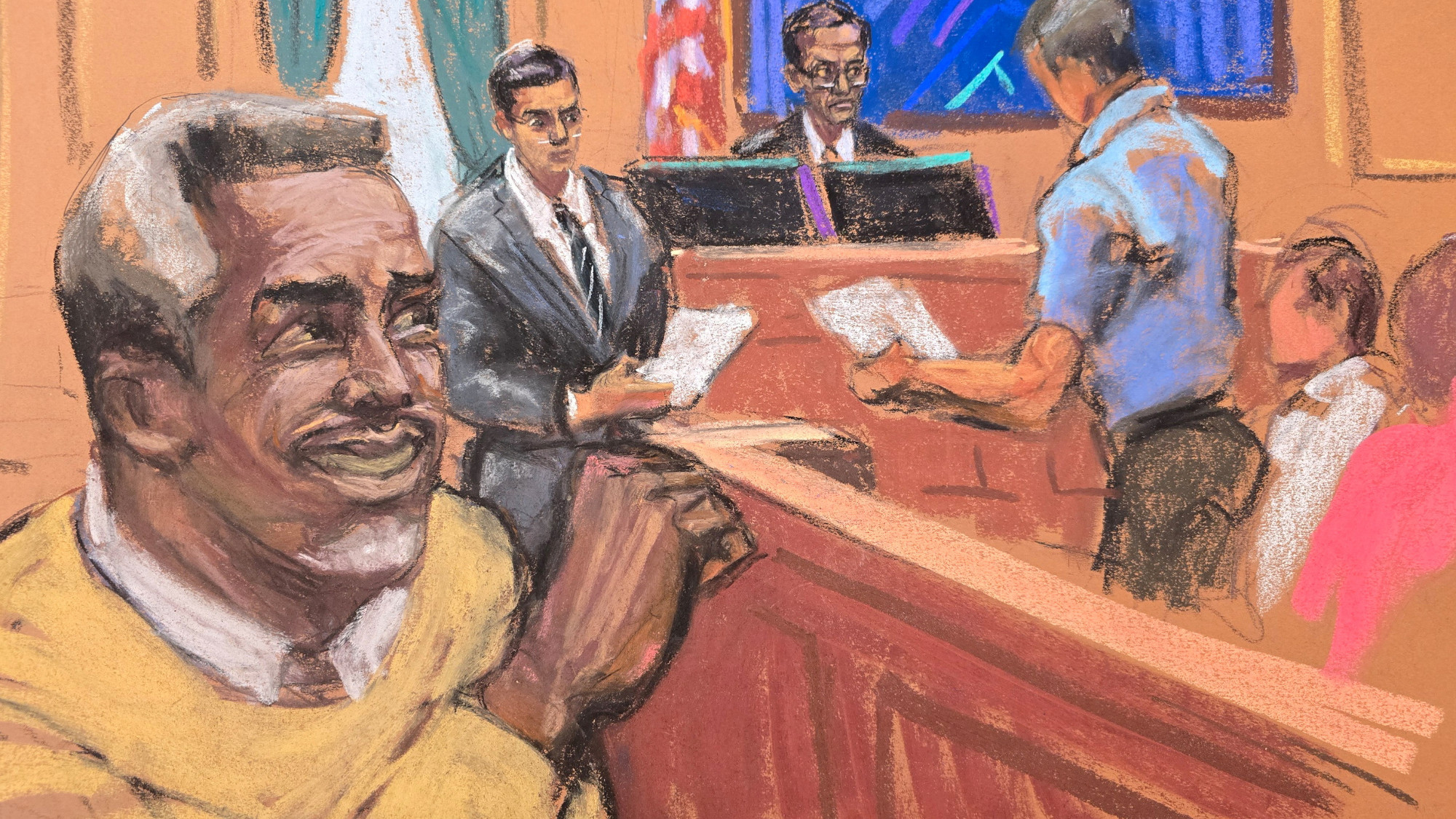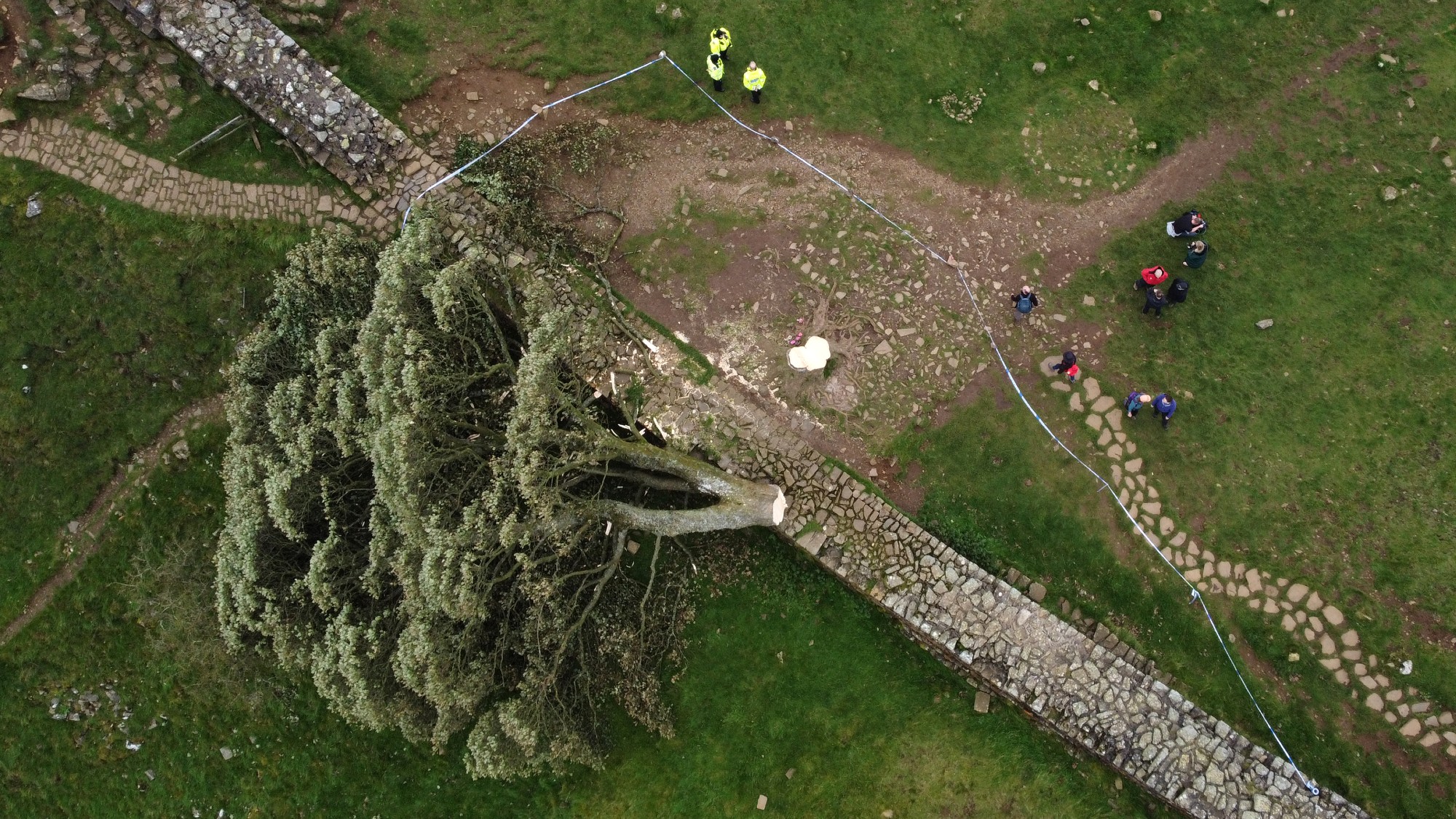The Proud Boys: paying the price for attacking the Capitol
A judge sentenced Enrique Tarrio, former leader of the far-right group, to 22 years in federal prison for seditious conspiracy

A free daily email with the biggest news stories of the day – and the best features from TheWeek.com
You are now subscribed
Your newsletter sign-up was successful
"Make no mistake. We did this."
That’s what Enrique Tarrio, the former leader of the far-right Proud Boys group, wrote on social media during the deadly riot that overran the US Capitol on 6 January 2021.
Last week, Tarrio paid the price "for his betrayal of our country", said the Miami Herald, when a judge sentenced him to 22 years in federal prison for seditious conspiracy.
The Week
Escape your echo chamber. Get the facts behind the news, plus analysis from multiple perspectives.

Sign up for The Week's Free Newsletters
From our morning news briefing to a weekly Good News Newsletter, get the best of The Week delivered directly to your inbox.
From our morning news briefing to a weekly Good News Newsletter, get the best of The Week delivered directly to your inbox.
'A two-tiered system of justice'
Tarrio wasn't actually in Washington on the day of the riot. He was in Baltimore, having been arrested days earlier in a separate criminal case. But he was found to have been a driving force behind the violence – a "general". As the judge, Timothy Kelly, noted during sentencing, he had told his followers in the Capitol: "Don't f**king leave."
Twenty-two years is a very long sentence, said Tristan Justice in The Federalist. Days earlier, three other Proud Boys leaders were sentenced to between ten and 18 years in jail for their part in the 6 Jan riot. We didn't see anything like this after the unrest in 2020 over the police killing of George Floyd, which caused far more damage. Far-left demonstrators "went largely unpunished" for those riots, which the mainstream media did their best to downplay. Even while standing in front of a burning police headquarters in Minneapolis, an MSNBC reporter assured viewers that the protests were "not, generally speaking, unruly". No wonder a poll last year found that four out of five Americans think we have "a two-tiered system of justice".
'The day that broke tradition of peacefully transferring power'
The claims of double standards don't stack up, said Maggie Astor in The New York Times. Most of the Black Lives Matter protests in the summer of 2020 were peaceful. Where violence broke out, people were arrested: an Associated Press investigation found that more than 120 defendants had been convicted on charges such as rioting, arson and conspiracy, receiving average prison terms of over two years.
The average sentence handed down in 1,143 6 Jan cases, by contrast, is 120 days. Besides, there's a huge difference between a riot and a "planned attack on the government", said David A. Graham in The Atlantic. It's "heartening" that the courts are not treating the insurrection the way too many Republican politicians have – "as just a rally that got a little out of hand". (Ron DeSantis called the sentences "excessive".) As the judge put it: "That day broke our previously unbroken tradition of peacefully transferring power." For that, there must be a reckoning.
A free daily email with the biggest news stories of the day – and the best features from TheWeek.com
-
 6 of the world’s most accessible destinations
6 of the world’s most accessible destinationsThe Week Recommends Experience all of Berlin, Singapore and Sydney
-
 How the FCC’s ‘equal time’ rule works
How the FCC’s ‘equal time’ rule worksIn the Spotlight The law is at the heart of the Colbert-CBS conflict
-
 What is the endgame in the DHS shutdown?
What is the endgame in the DHS shutdown?Today’s Big Question Democrats want to rein in ICE’s immigration crackdown
-
 The Epstein files: glimpses of a deeply disturbing world
The Epstein files: glimpses of a deeply disturbing worldIn the Spotlight Trove of released documents paint a picture of depravity and privilege in which men hold the cards, and women are powerless or peripheral
-
 Death in Minneapolis: a shooting dividing the US
Death in Minneapolis: a shooting dividing the USIn the Spotlight Federal response to Renee Good’s shooting suggest priority is ‘vilifying Trump’s perceived enemies rather than informing the public’
-
 How the Bondi massacre unfolded
How the Bondi massacre unfoldedIn Depth Deadly terrorist attack during Hanukkah celebration in Sydney prompts review of Australia’s gun control laws and reckoning over global rise in antisemitism
-
 Tommy Robinson: a timeline of legal troubles
Tommy Robinson: a timeline of legal troublesThe Explainer Far-right leader has relied on donations from supporters to fight numerous court cases dating back 20 years
-
 Diddy: An abuser who escaped justice?
Diddy: An abuser who escaped justice?Feature The jury cleared Sean Combs of major charges but found him guilty of lesser offenses
-
 Crime: Why murder rates are plummeting
Crime: Why murder rates are plummetingFeature Despite public fears, murder rates have dropped nationwide for the third year in a row
-
 The Sycamore Gap: justice but no answers
The Sycamore Gap: justice but no answersIn The Spotlight 'Damning' evidence convicted Daniel Graham and Adam Carruthers, but why they felled the historic tree remains a mystery
-
 What are grooming gangs? The UK scandal, explained
What are grooming gangs? The UK scandal, explainedThe Explainer Three-year inquiry will ‘root out this evil once and for all’, says home secretary